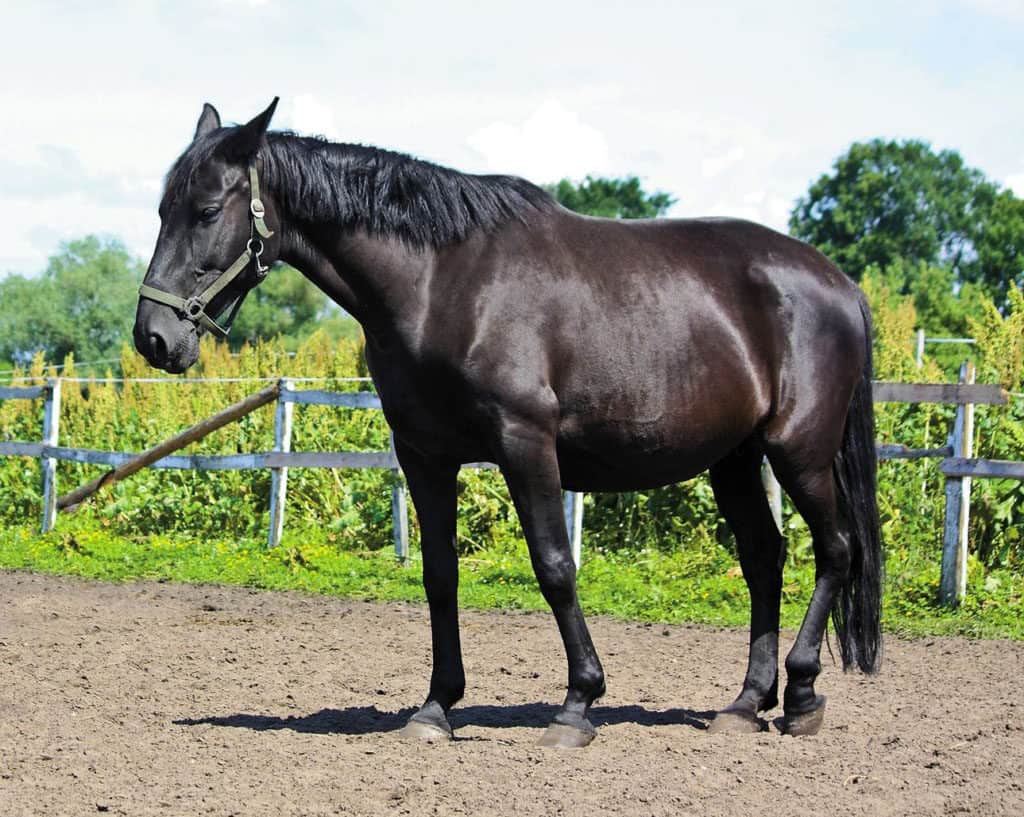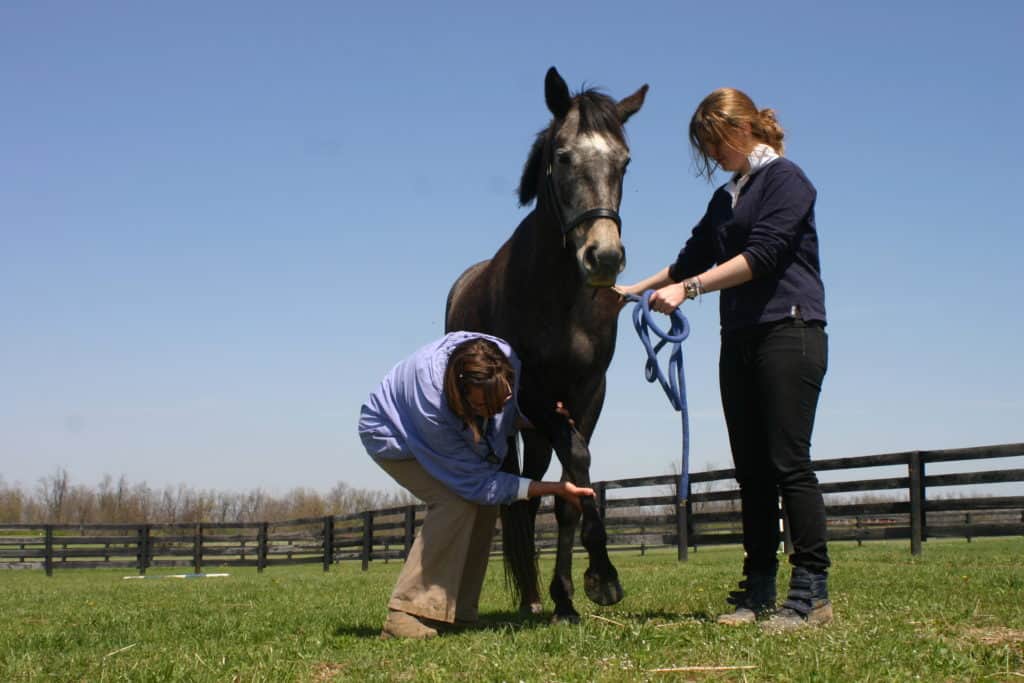
Lyme Disease: Clinical Signs in Horses
Dr. Eric Swinebroad gives an overview of Lyme disease’s potential clinical signs.

Dr. Eric Swinebroad gives an overview of Lyme disease’s potential clinical signs.

Lyme disease is notoriously difficult to diagnose and has (or might not have) a myriad of vague (or not-so-vague) clinical signs in horses. Learn about this tick-borne disease and get your questions answered during our live Q&A.

We’ve compiled 10 resources to help you get and stay up to speed on Lyme in case you’re ever faced with an infected horse.

Use this four-step plan to keep equine infectious diseases in check.

Learn more about equine sleep patterns and six different types of sleep deprivation in horses.

Causes of collapse in apparently healthy horses range from sleep deprivation and pain to muscle disorders and pregnancy.

Learn the latest on diseases horses can get from ticks and why they continue to frustrate veterinarians and researchers.

What might cause one horse to have many ticks on him while his pasturemate only has a few?

Dr. Rob MacKay recaps studies on heparin for EHM prevention, liver failure caused by supplements, headshaking, and more.

Dr.Rob MacKay recaps studies on heparin for EHM prevention, liver failure caused by a supplement, gastric ulcers, and more.

The incidence of Lyme NB appears low, but this could be, in part, due to the lack of a gold-standard ante-mortem test.

Studying diseases across species can benefit horses as well as people.

Dr. Amy Johnson of Penn Vet’s New Bolton Center offers advice on what to do (and not to do) if you suspect your horse has contracted Lyme disease.

Mites, lice, flies, and mosquitoes can cause irritation to horses and carry dangerous diseases. Be aware of the external parasite species that are in your area and when they are prevalent so you can control them.

Neil Mittelman, DVM, and Holly Stewart, VMD, will present a joint lecture on March 1 at the New Bolton Center.

Thorough exams can help vets localize lesions to specific areas of the nervous system based on observed clinical signs.
Stay on top of the most recent Horse Health news with
"*" indicates required fields